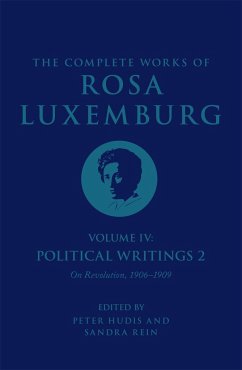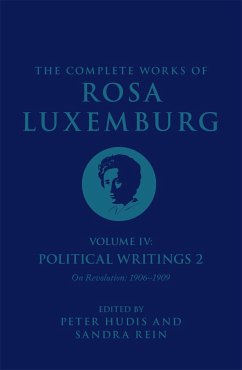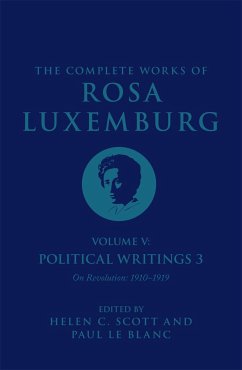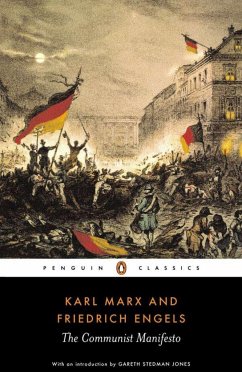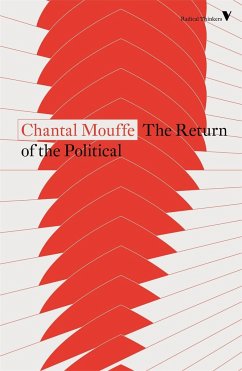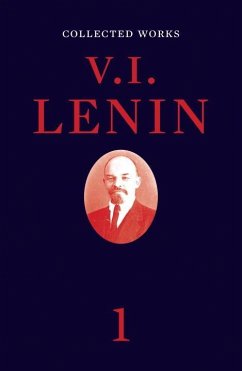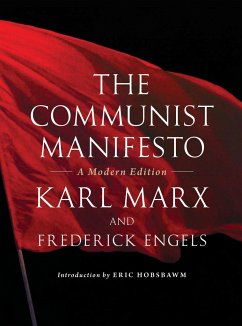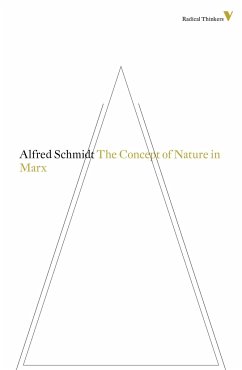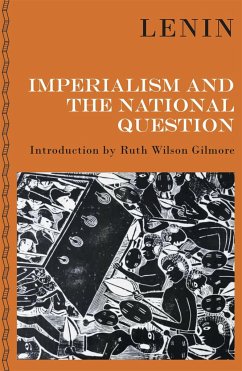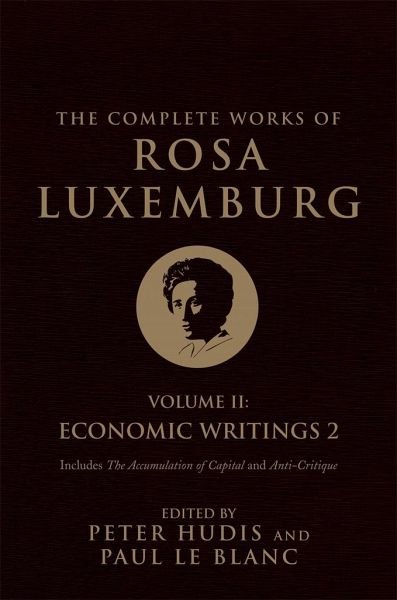
The Complete Works of Rosa Luxemburg, Volume II
Economic Writings 2
Herausgeber: Hudis, Peter; Le Blanc, Paul / Übersetzer: Gray, Nicholas; Shriver, George
Versandkostenfrei!
Versandfertig in über 4 Wochen
39,99 €
inkl. MwSt.

PAYBACK Punkte
20 °P sammeln!
The second volume in Rosa Luxemburg’s Complete Works, entitled Economic Writings 2, contains a new English translation of Luxemburg’s The Accumulation of Capital: A Contribution to the Economic Theory of Imperialism, one of the most important works ever composed on capitalism’s incessant drive for self-expansion and the integral connection between capitalism and imperialism. This new translation is the first to present the full work as composed by the author. It also contains her book-length response to her critics,The Accumulation of Capital, Or, What the Epigones Have Made Out of Marx�...
The second volume in Rosa Luxemburg’s Complete Works, entitled Economic Writings 2, contains a new English translation of Luxemburg’s The Accumulation of Capital: A Contribution to the Economic Theory of Imperialism, one of the most important works ever composed on capitalism’s incessant drive for self-expansion and the integral connection between capitalism and imperialism. This new translation is the first to present the full work as composed by the author. It also contains her book-length response to her critics,The Accumulation of Capital, Or, What the Epigones Have Made Out of Marx’s Theory—An Anti-Critique. Taken together, these two works represent one of the most important Marxist studies of the globalization of capital. Also included is an essay on the second and third volumes of Marx’s Capital, which had originally appeared as an unattributed chapter in Franz Mehring’s book Karl Marx. Thank you to David Gaharia for helping to support the translation of this book.




